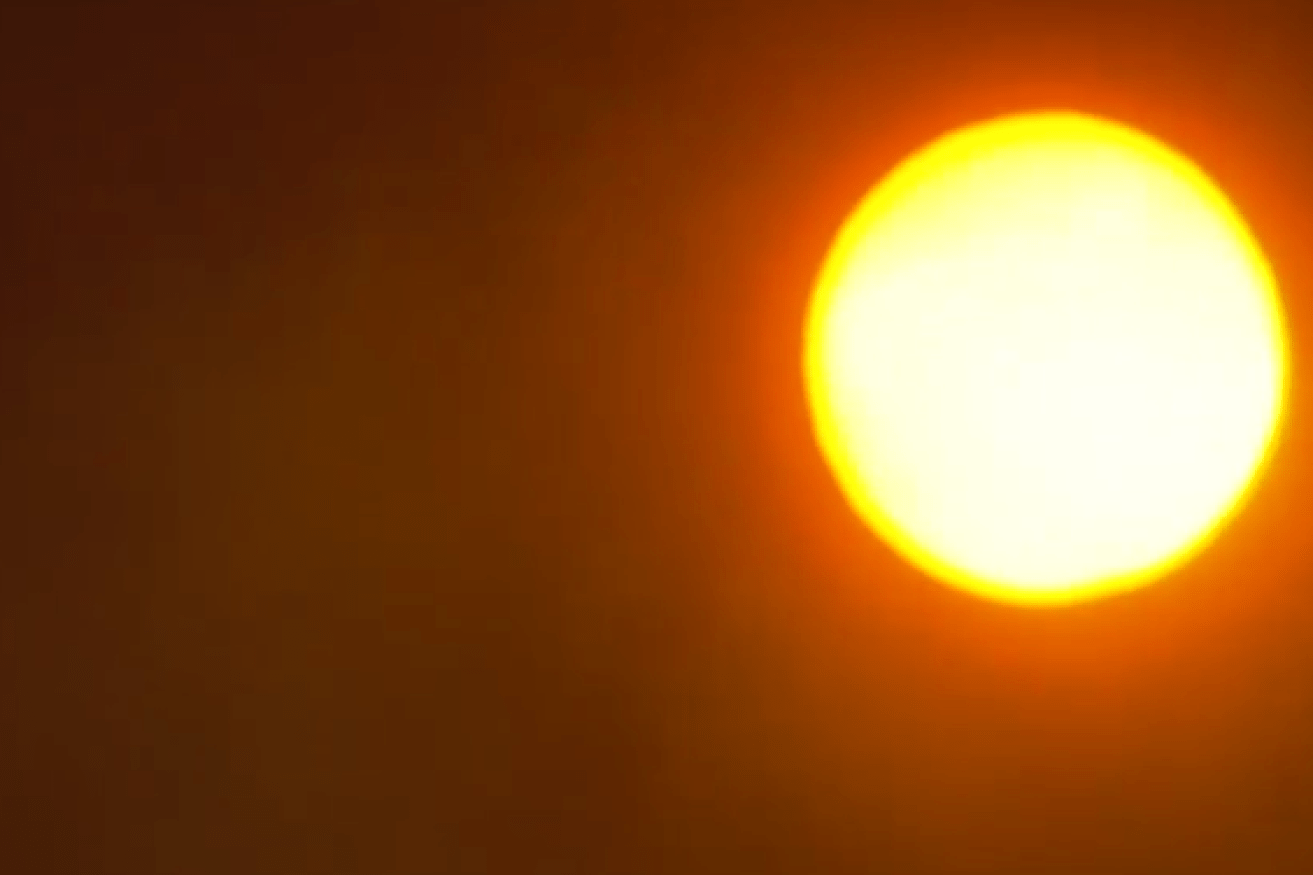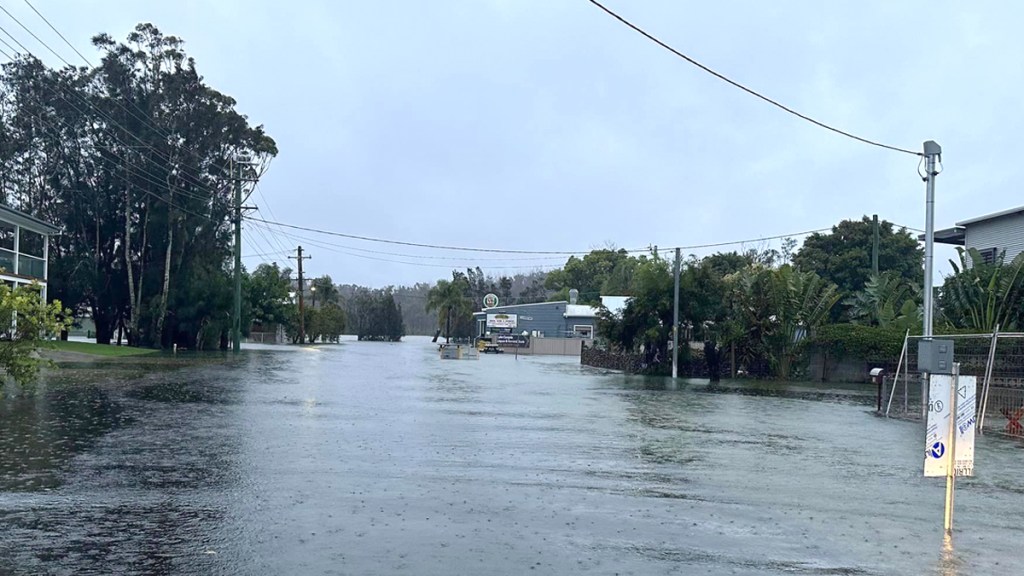Why it’s becoming harder to predict the weather and disasters


A warming planet is making it harder to predict the weather, according to a new report. Photo: ABC
It is becoming increasingly difficult to predict the weather and future disasters because of climate change, according to a new report, with serious ramifications for people, property and insurance.
The Climate Council’s Climate Whiplash: Wild Swings Between Weather Extremes report found that erratic summer weather – originally predicted to be consistently hot and dry – is consistent with the symptoms of a warming planet.
Professor Lesley Hughes, climate councillor and professor of biology at Macquarie University, said the world is experiencing an increase in unpredictable weather.
“It’s been hot, very hot in some places, but in many places that dryness hasn’t happened,” she said.
“It is getting harder and harder to predict the weather.”
A record three-month period from August to October 2023 was immediately followed by more than a month of well-above-average rainfall in Victoria, New South Wales and Queensland.
Symptoms of warming
According to the Climate Council, rising ocean temperatures are resulting in high levels of humidity around Australia.
At the same time, warming is causing climate drivers like El Nino and La Nina to interact and behave in unpredictable ways, causing events like extreme temperatures in areas experiencing massive rainfall.
Hughes said it is clear that the burning of fossil fuels like coal, oil and gas is causing the world to heat.
“Those greenhouse gases are trapping heat from the Sun close to the Earth’s surface and that is causing the world to warm,” she said.
“Warmer air can hold more water so that when we do get rain, it tends to come down in more intense bursts.”
She said increased disasters, like bushfires and flooding, will make specific preparations more difficult.
“We’ve got to address the root of the problem, which is greenhouse gases from burning fossil fuels, but we also have to prepare to cope,” Hughes said.
“Fossil fuel emissions in Australia did go up, but fortunately there is analysis now showing a more positive message that emissions may peak this year and then start to come down.”
Hidden impacts
Professor Paula Jarzabkowski, a disaster insurance expert at the University of Queensland School of Business, said an increase in disasters facing home owners could result in serious ramifications when insuring property.
“Insurance is a good product for random losses to a few,” she said.
“When it’s lots of people getting losses and they’re no longer random but frequent, then you need a much bigger wallet or pool of people to pay for that.”

Australia has experienced extreme heat and flooding in recent months. Photo: NSW SES Ulladulla Unit
She said insurance could become unaffordable for many or companies could stop offering insurance in some areas completely.
“We should be looking at long-term solutions for moving to places that aren’t on floodplains,” Jarzabkowski said.
“We also need some way of subsidising those who can’t find an insurance product because otherwise, it comes straight out of the public purse as we do with mandatory third-party car insurance.”
Data has shown insurance premiums rise dramatically after floods and bushfires, but Jarzabkowski said it is important to note that these are no longer natural disasters, but man-made events.
“This is a real chance for us to radically rethink how we protect Australians and how we manage the public-private provision of that protection,” she said.
“Let’s not have public versus private fighting. Let’s not have interstate fighting. Let’s use this opportunity to make a more sustainable insurance sector and future for Australians.”








